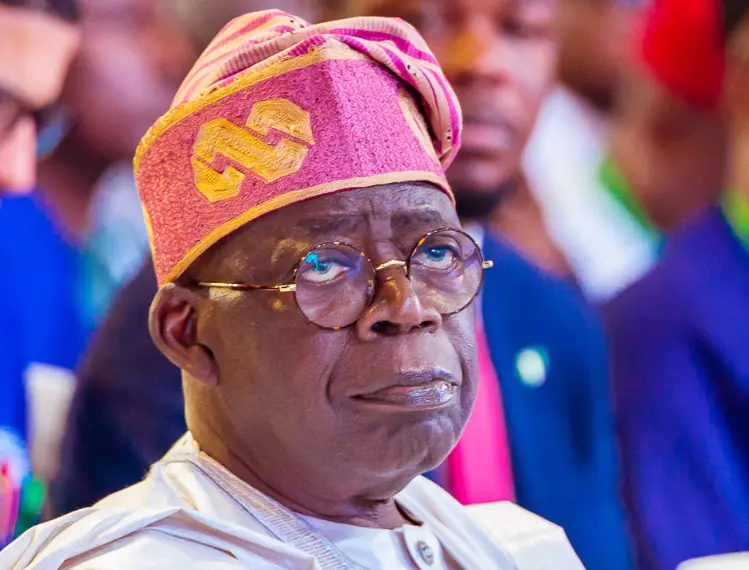
The Governor of Delta State, Rt. Hon. Sheriff Oborevwori has reaffirmed his commitment to a more efficient, transparent and strong public service as it is the backbone of good governance.
The Governor who was the special guest of honor at the Delta State Civil Service Week/Public Lecture,” held at the Unity Hall Government House, Asaba stated that “as we mark the civil service week celebration, we would be confronted with challenges, but we should be ready to overcome them for impactful service delivery.”
Noting that this Year’s theme is timely and vital, the Governor advised civil servants to transit from the outdated, old-fashioned bureaucracy to an innovative and proactive ethics for efficient public service delivery that would align with the M.O.R.E Agenda of his administration.
In her welcome address, the Head of Service of Delta State, Dr (Mrs) Mininim Oseji commended the Governor for creating an enabling environment for civil service to flourish,while thanking the guest speaker for honoring her invitation to the State.
Outlining the activities slated for the week’s celebration to include a Broadcast that was held on Monday June 23rd 2025, Juma’at Service, June 27th, followed by an online quiz competition, public Lecture, Golf Tournament and a Thanksgiving Service that would be held on Sunday, July 6th, 2025 to round off the ceremony, the Head of Service announced that out of the 20 point Agenda proposed by her office to support the M.O.R.E Agenda of his Excellency and to mark her 100 days in office, 19 have been initiated. She urged all civil servants who were present at the ceremony to listen attentively and be actively involved in the public Lecture.
Speaking on the theme: “5 Years to 2030: Accelerating Public Service Delivery for a Sustainable Future,” Dr Olusegun Adekunle encouraged civil servants to be ready to operate in a complex environment in which resources were dwindling while public expectations were getting higher.
He maintained that as the engine room of government, the civil servants must be future ready to build an adaptive learning bureaucracy to be able to perform in an ever-changing world.
The guest speaker also explained that the civil servants must be ready to build institutional goals that would accelerate and transform the service beyond 2030 and to achieve this they must build a robust relationship with their political principals by getting them to align with their visions and by creating administrative competence and building institutional legitimacy.
Stating that there may be some challenges such as political influence, scarcity of fund and overlapping functions which may tend to inhibit or impact negatively on performance, the speaker advised that the state must be ready to adopt an alternative approach to progress by articulating and accommodating divergent views that would cultivate confidence and public trust through accountability and transparency.
He concluded by saying that adaptive leadership would bring about public value in the experience of the citizens through impact performance of institutions in service delivery.




